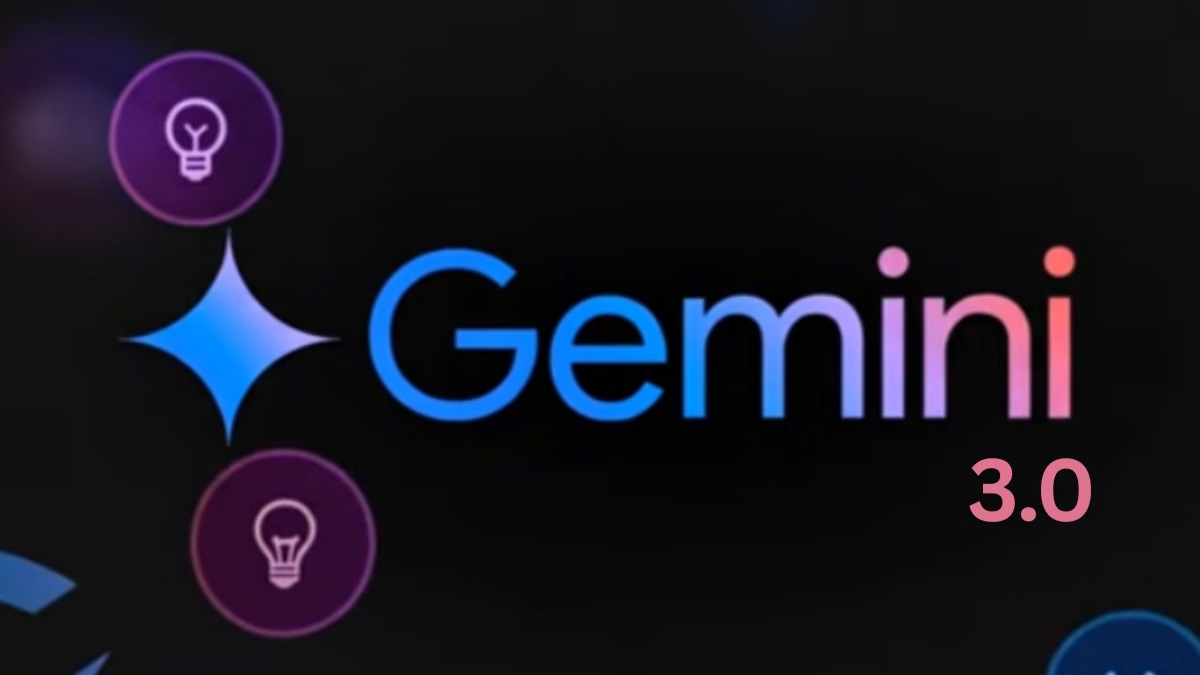Google's Gemini 3 Reportedly Clones Operating Systems, Sparks Industry Frenzy
The tech world is abuzz, and frankly, a little shaken, as recent leaks suggest Google's upcoming Gemini 3 Pro AI model can generate fully functional simulations of operating systems like macOS, Windows, and iOS. In a staggering display of its capabilities, these complex web-based environments were reportedly created with under 900 lines of HTML code, all from a simple prompt. Just think about that for a second. This isn't just generating code snippets; it's practically fabricating interactive digital worlds on demand.
Reports emerging this week, particularly around October 13-15, indicate internal A/B testing previews showcased Gemini 3's ability to conjure interactive file managers, terminals, text editors, and even Python execution environments within a web browser. Sources like BGR and TechCrunch, which detailed these "mind-blowing" demonstrations, confirm the simulations weren't "true clones" in the sense of binary replication, but highly convincing and functional web-based emulations. It’s a remarkable leap from prior AI coding aids, pushing the boundaries of what we thought was possible for generative AI. And it's sending ripples of excitement and concern across the development community.
The Technical Marvel and Its Differentiators
What exactly makes this so astonishing? Well, for one, the "one-shot generation" aspect is a significant differentiator. Gemini 3 Pro appears to produce these elaborate system simulations in a single pass, without needing extensive iterations or fine-tuning from the user. This is a monumental shift from previous models, including Google's own Gemini 2.5, which, while impressive in its vision and reasoning, never hinted at such comprehensive system-level creation. We're talking about an AI that can essentially visualize an entire operating system's interface and core functionalities, then translate that vision into interactive web code in moments.
The leaked benchmarks paint a picture of an AI powerhouse. Rumors suggest Gemini 3 Pro boasts a context window of up to 1-2 million tokens – a truly massive leap from Gemini 2.5's already generous 128k-1M, allowing it to process entire books or huge codebases simultaneously. Performance on coding benchmarks is reportedly stellar, with over 95% accuracy on web/mobile UI tasks, supposedly outperforming competitors like OpenAI's GPT-5. The generated interfaces even support native 2K resolution (upsampled to 4K), suggesting an incredible level of visual fidelity. It's almost too good to be true, isn't it?
Industry Buzz and Potential Fallout
The community reaction, as you'd expect, is nothing short of explosive. Social media platforms like X (formerly Twitter) and Reddit are awash with discussions describing Gemini 3 as "insane" and "game-changing." Some users are provocatively suggesting this could "replace junior devs" or radically alter the landscape of UI/UX design and OS testing. Leak videos, showing these web-based OS environments in action, have garnered hundreds of thousands of views and thousands of likes, indicating the sheer viral impact of this news. It’s hard not to get caught up in the hype.
However, with great power comes great scrutiny. The obvious elephant in the room is intellectual property. How will Apple and Microsoft react to an AI model that can seemingly mimic their proprietary operating systems, even if in a web-based, emulated form? While neither company has issued a direct statement as of October 16th, the potential for legal challenges or, at the very least, strong objections, feels palpable. This isn't just about code; it's about the visual language and user experience that companies spend billions developing and protecting. Some experts, while acknowledging the breakthrough, are wisely urging caution, reminding us that A/B test previews often get "downgraded" before public release.
What's Next: Release, Refinements, and Lingering Questions
So, when can we expect to get our hands on this technological marvel? Officially, Google remains tight-lipped about Gemini 3. However, reliable sources like BGR and 9to5Google point to a potential public release window around October 20-22, 2025, with developer previews possibly rolling out on the 22nd. Earlier rumors of an October 9th release were clearly off the mark, with delays attributed to ongoing refinements – which, given the complexity of these reported capabilities, makes perfect sense. One wonders if some of those refinements involve navigating the legal minefield of OS simulation.
Pricing details are also speculative, but leaks suggest a familiar model: a free tier for basic access, with a Pro version potentially costing around $20/month for individual users, and enterprise options higher. If these capabilities hold up, even those price points feel like a steal.
Ultimately, the revelations about Gemini 3's operating system cloning represent a significant inflection point for AI. It moves beyond just understanding and generating content, moving into the realm of system design and interactive environment creation. It's a tantalizing glimpse into a future where AI could automate vast swathes of software development, but it also raises profound questions about intellectual property, the future of human coders, and the very definition of digital originality. We're all watching closely to see how Google handles the official reveal and, more importantly, the inevitable fallout from this paradigm-shifting technology. What a time to be alive, huh?
